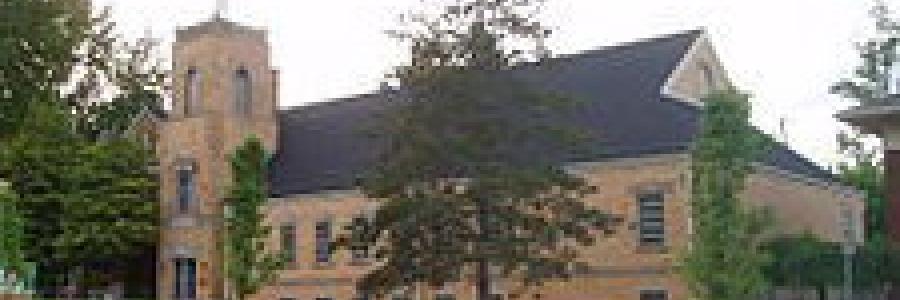If you’re a Baptist in America, you’ve probably heard of a peculiar brand of Baptist polity called “Landmarkism.” D.A. Carson recently quipped that hyper-Calvinism is a term usually reserved for somebody you don’t like!1 In Baptist circles, this is usually the intent when one uses the term “Landmarker.” That is not the way the term is used here! It is a genuine historical term, and its American founder was proud to call himself a “Landmarker.”
This series is a survey of what the father of American Landmarksim believed about the local church, and why he believed it. It is not a refutation of that position, although I will make some brief remarks along that line. This is an important topic, because I suspect many Baptists who hold to Landmark distinctives don’t actually understand what original Landmarkism actually taught.
A fiery, intelligent and formidable preacher from the mid to late 19th century named J. R. Graves is largely responsible for the development of Landmarkism. He admitted as much in 1880:










Discussion